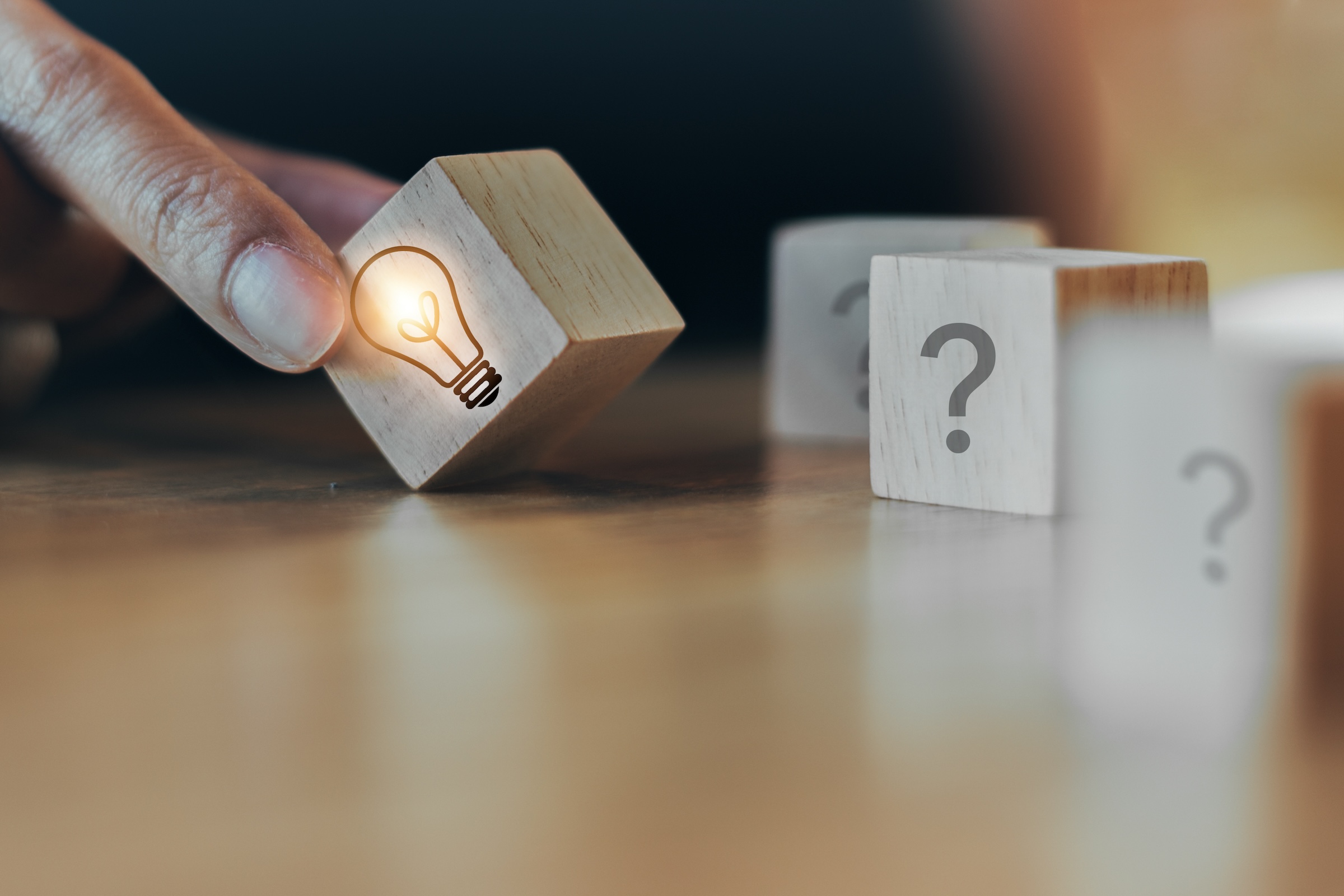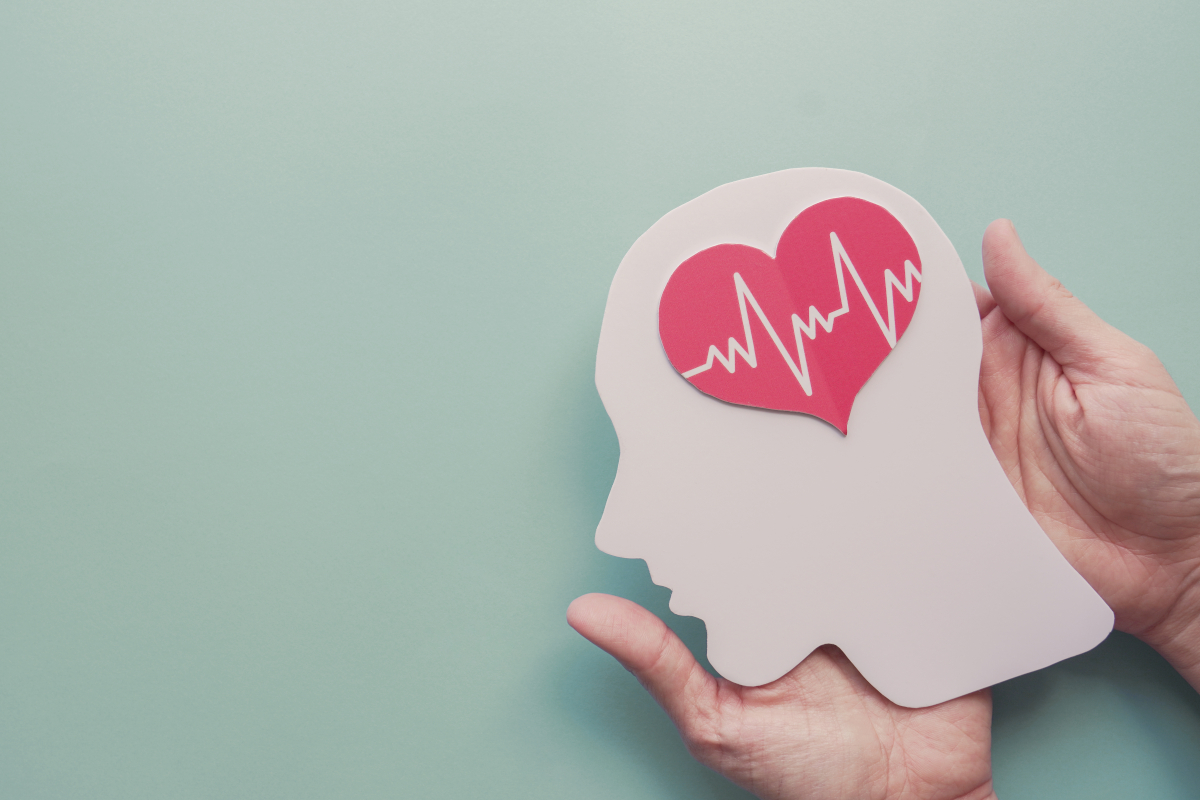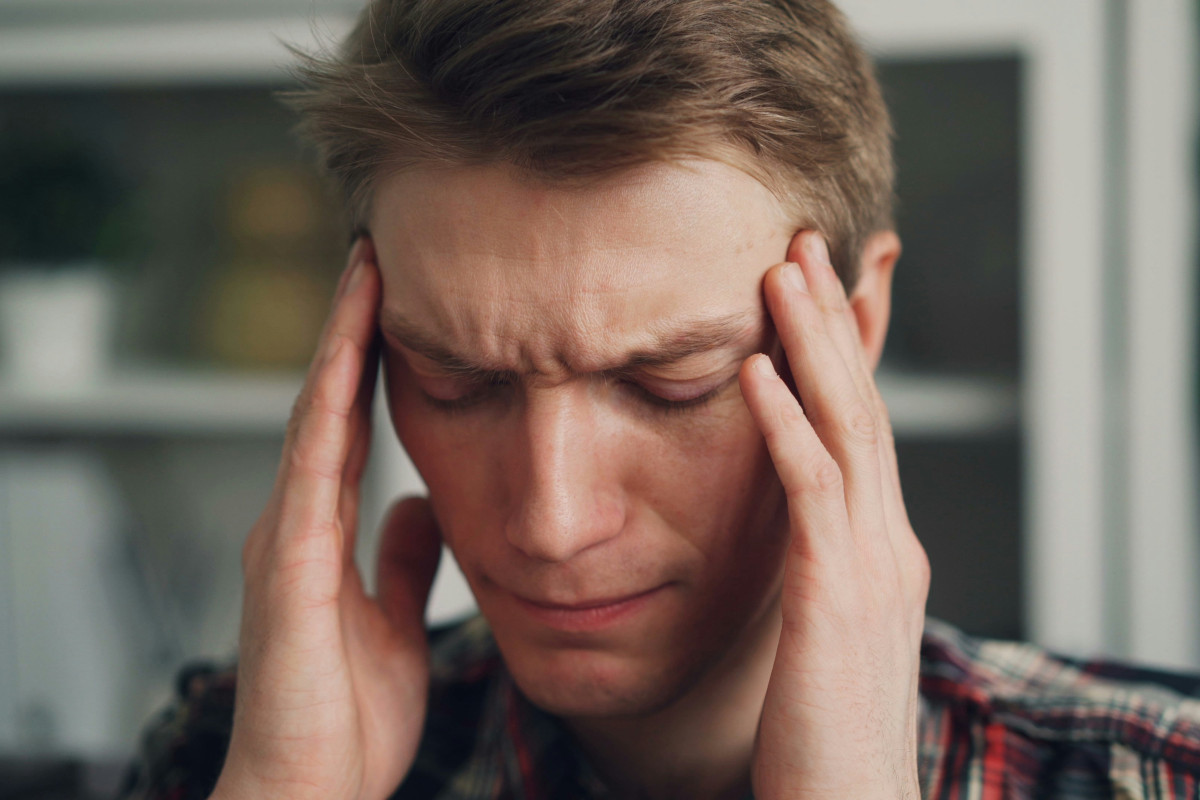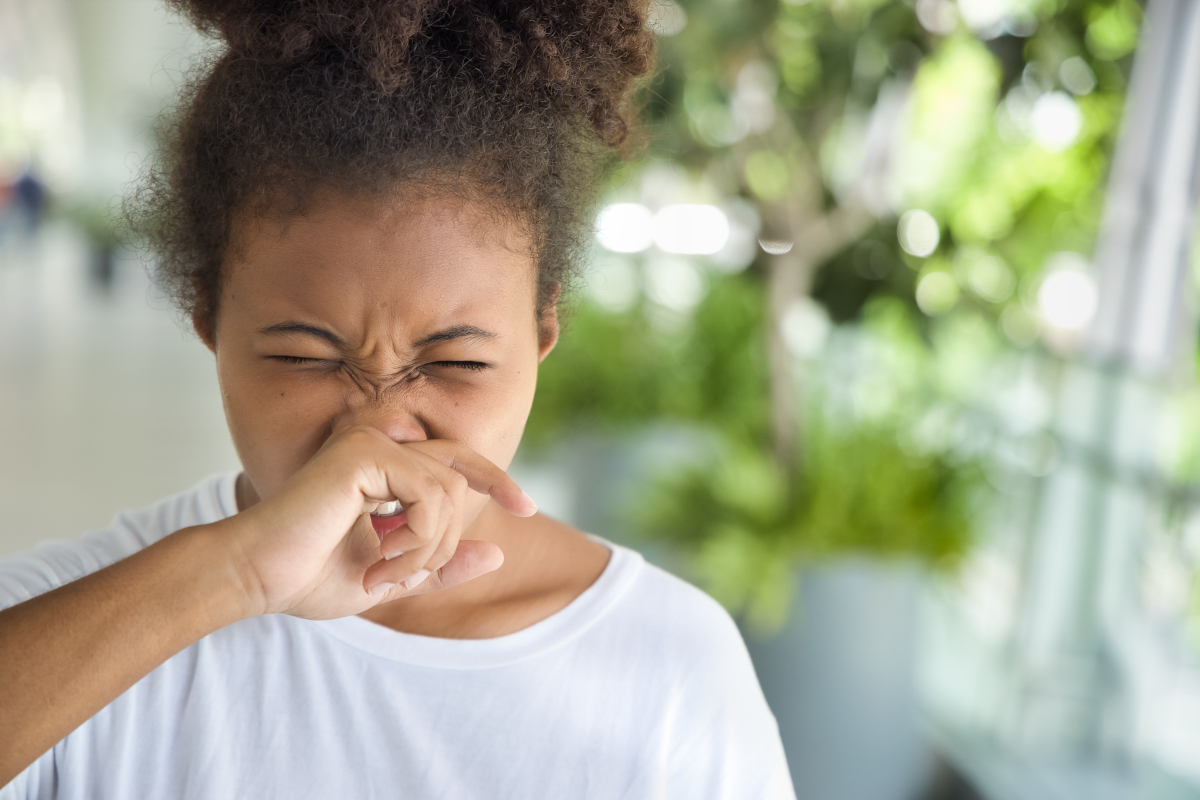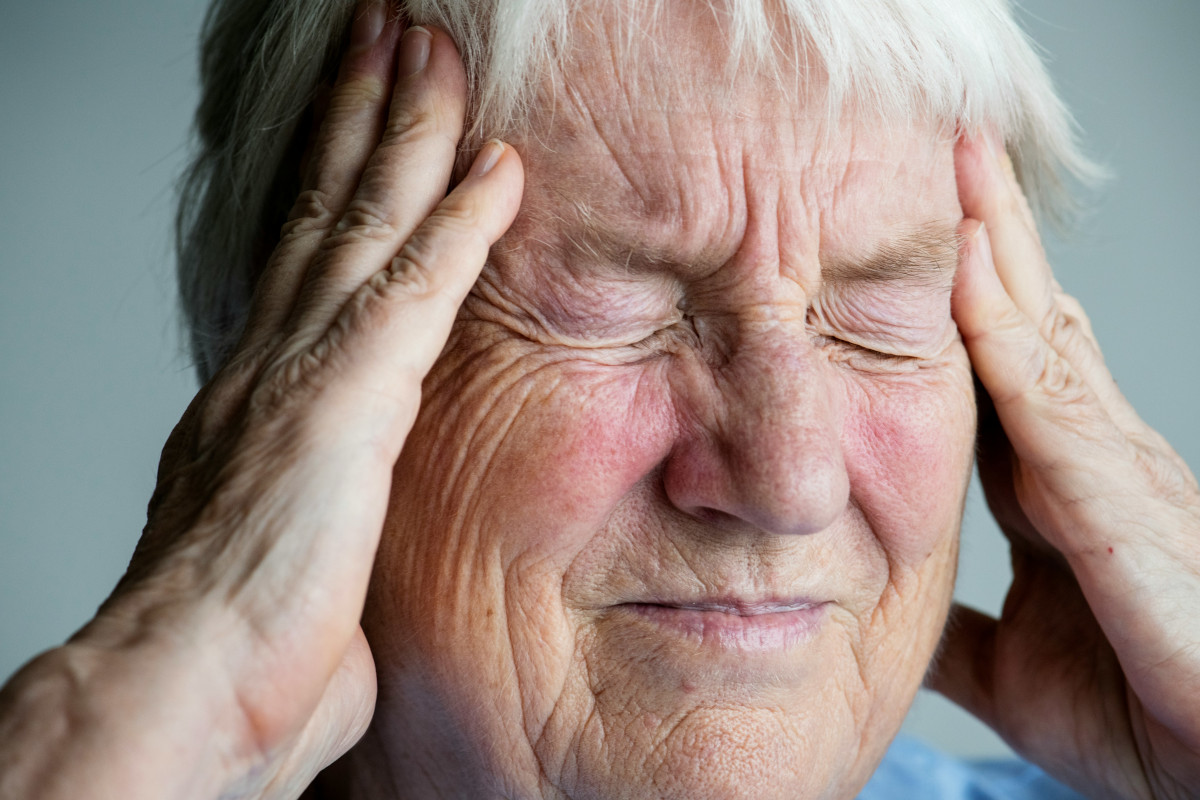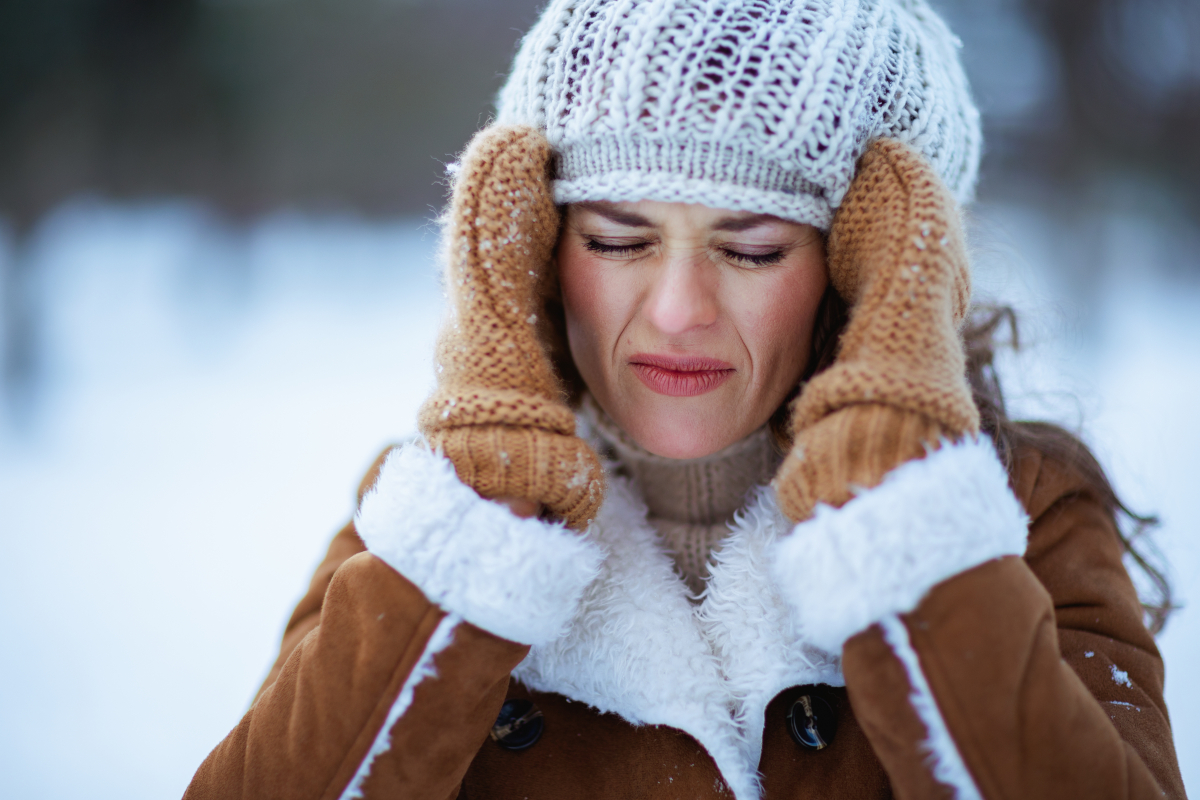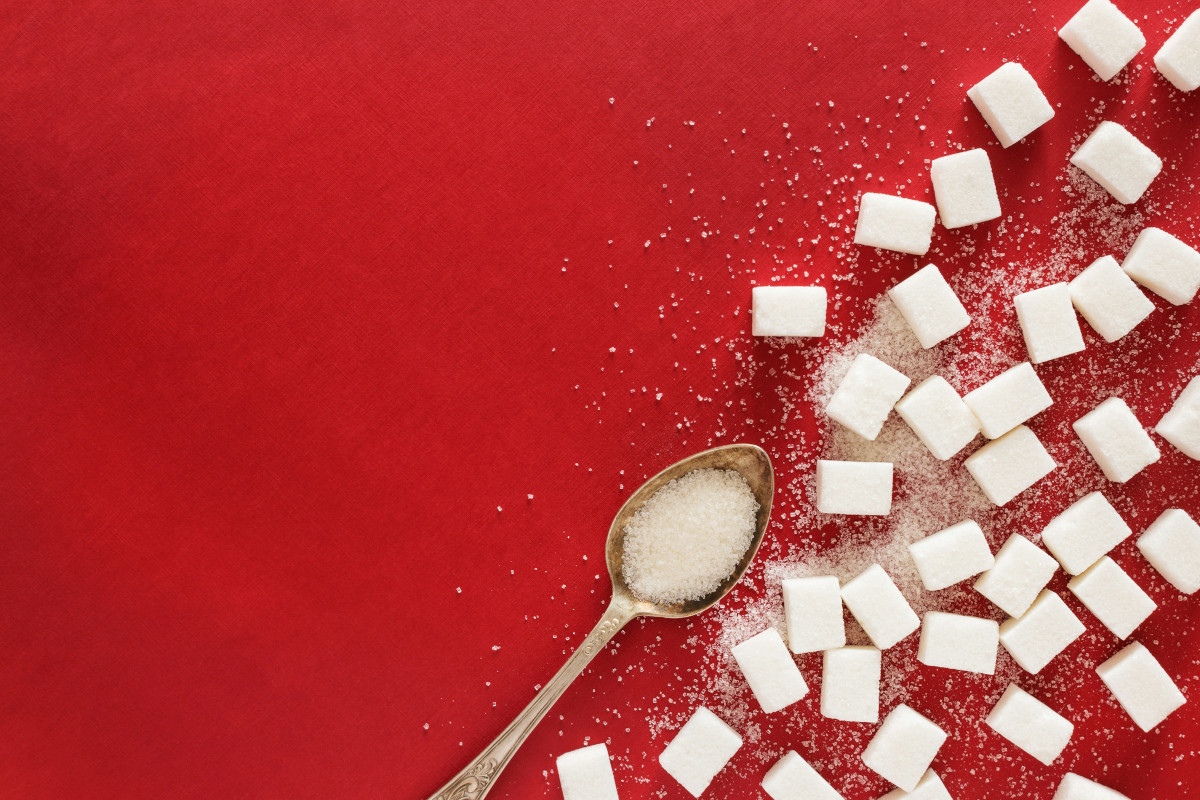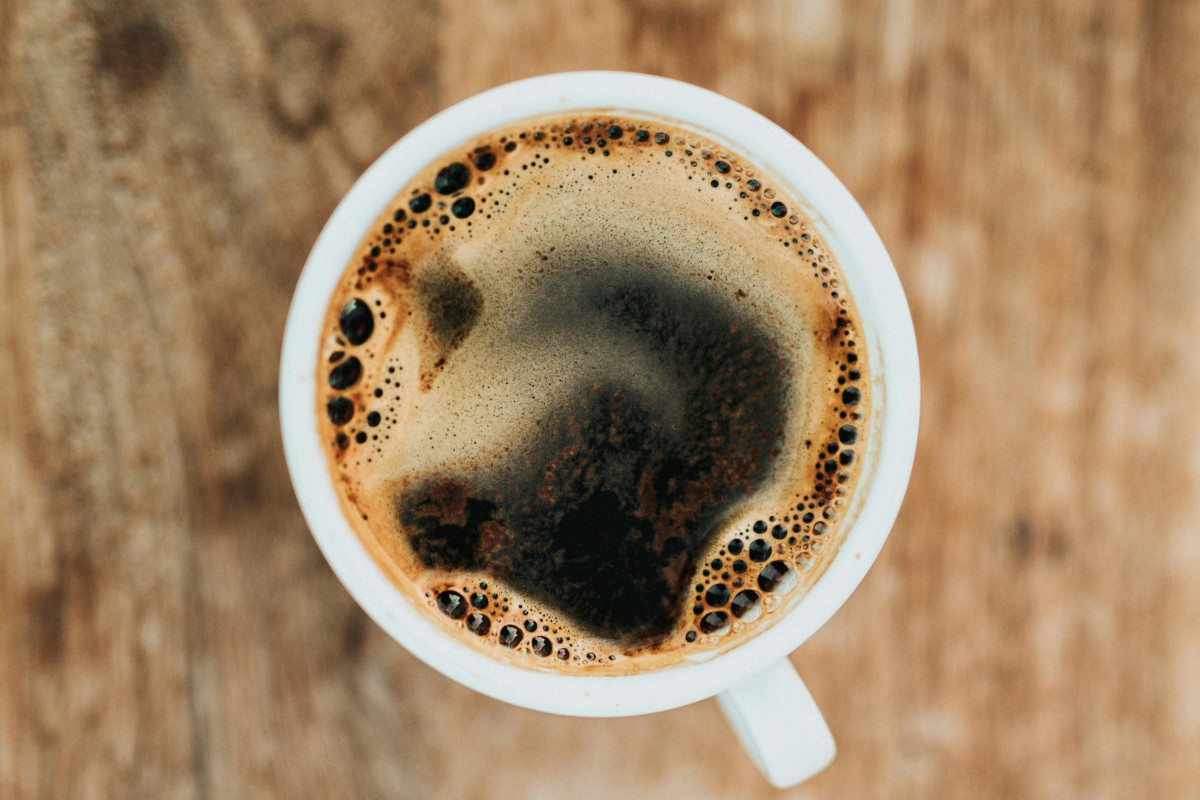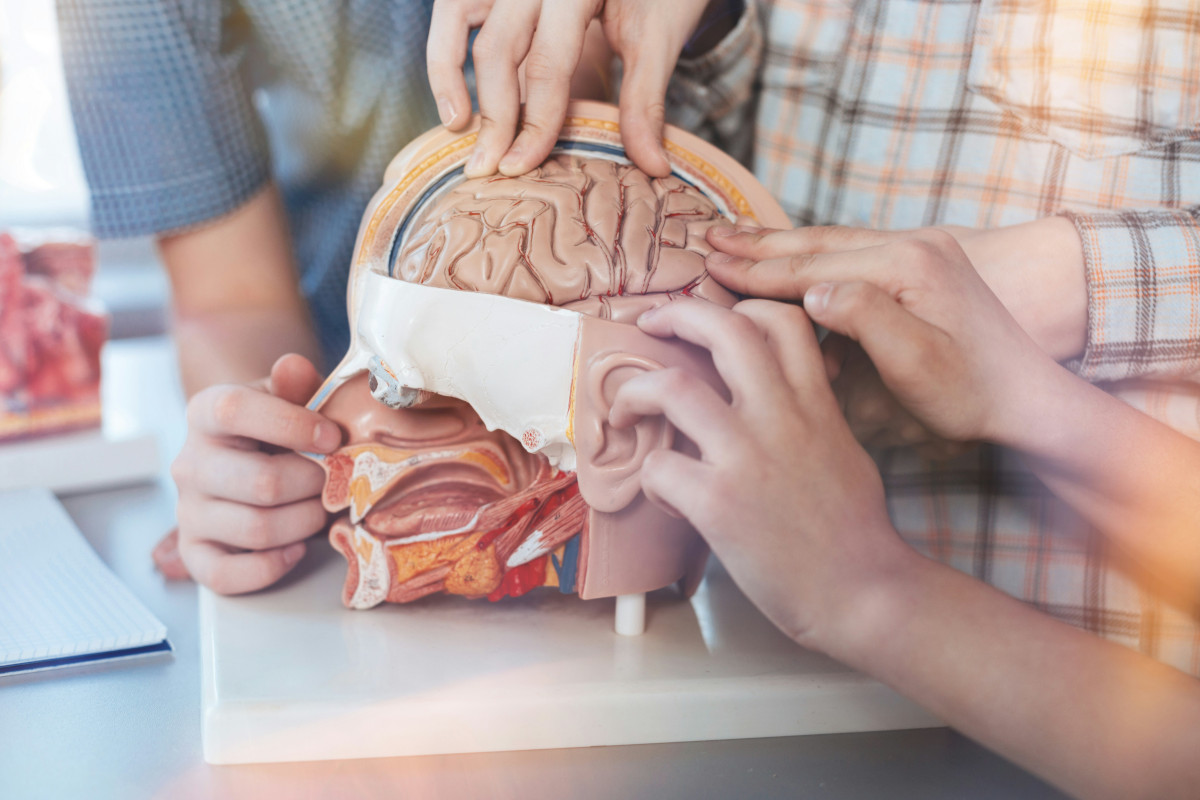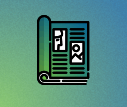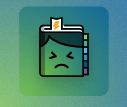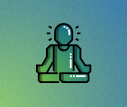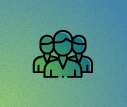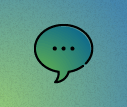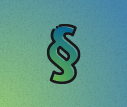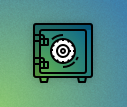Coffee and headache: what do I need to know?
Coffee and other caffeinated beverages are top favorites in Germany, but migraineurs and other headache suffers sometimes think twice before grabbing a cup. Is their caution justified?
We took a closer look at the caffeine-headache connection.
-
References
Adam O, Forth W. Coffein. Dt Ärztebl 2001; 98: A 2816–2818 [Heft 43]
Dreisbach RH, Pfeiffer C. Caffeine-withdrawal headache. J Laboratory Clin Med 1943; 28:1212–9.
Dreisbach RH. Experimental caffeine-withdrawal headache. Proc J Pharmacol Exper Therap 1940; 69:283.
Fredholm BB, Bättig K, Holmén J, Nehlig A, Zvartau EE. Actions of caffeine in the brain with special reference to factors that contribute to its widespread use. Pharmacol Rev. 1999 Mar;51(1):83-133. Review.
Headache Classification Subcommittee of the International Headache Society. The International Classification of Headache Disorders: 2nd edition. Cephalalgia. 2004;24 Suppl 1:9-160.
Lee MJ, Choi HA, Choi H, Chung CS. Caffeine discontinuation improves acute migraine treatment: a prospective clinic-based study. J Headache Pain. 2016 Dec;17(1):71. doi: 10.1186/s10194-016-0662-5. Epub 2016 Aug 5.
Sawynok J. Caffeine and pain. Pain. 2011 Apr;152(4):726-9. doi: 10.1016/j.pain.2010.10.011. Epub 2010 Oct 30. Review.
Shapiro RE. Caffeine and headaches. Curr Pain Headache Rep. 2008 Aug;12(4):311-5. Review.
Shapiro RE. Caffeine and headaches. Neurol Sci. 2007 May;28 Suppl 2: S179-83. Review.
Silberstein SD, Olesen J, Bousser MG, Diener HC, Dodick D, First M, Goadsby PJ, Göbel H, Lainez MJ, Lance JW, Lipton RB, Nappi G, Sakai F, Schoenen J, Steiner TJ; International Headache Society. The International Classification of Headache Disorders, 2nd Edition (ICHD-II) --revision of criteria for 8.2 Medication-overuse headache. Cephalalgia. 2005 Jun;25(6):460-465.
Tai MS, Yap JF, Goh CB. Dietary trigger factors of migraine and tension-type headache in a South East Asian country. J Pain Res. 2018 Jun 28; 11:1255-1261. doi: 10.2147/JPR.S158151.

